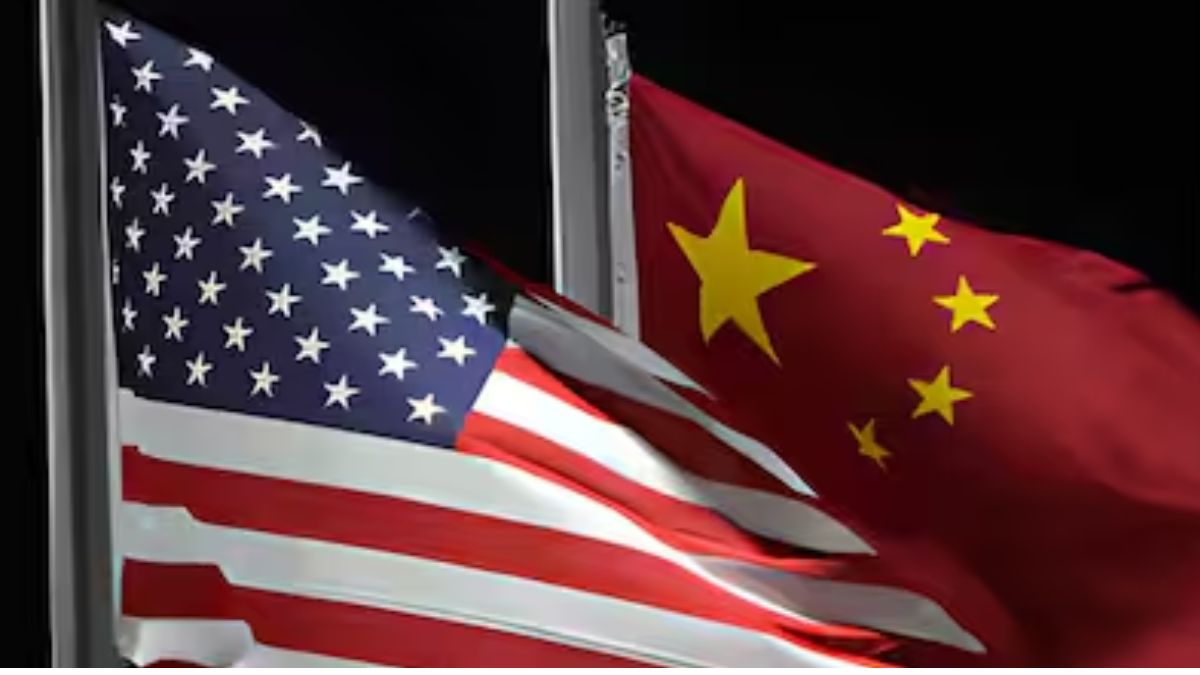)
Iran has rejected claims of operating any secret nuclear sites, with Foreign Minister Abbas Araghchi saying that all facilities are under UN surveillance and enrichment has halted due to damage caused by recent Israeli attacks.
Iranian Foreign Minister Abbas Araghchi on Sunday rejected reports of any secret uranium enrichment facilities, insisting that all of Iran’s nuclear sites remain under UN monitoring.
His comments come after US media outlets, including the Washington Post and The New York Times, reported expanded construction at a secret underground site called “Pickaxe Mountain” or Kuh-e Kolang near Natanz – a site that Iran has never acknowledged.
“Iran has no undeclared nuclear enrichment facilities; all of our facilities are under the agency’s protection and surveillance,” Araghchi said at a forum in Tehran. He said “no enrichment” is currently taking place because Iran’s sites were damaged during the recent war with Israel.
War damage and stalled nuclear talks
The conflict began in mid-June when Israel launched an unprecedented bombing campaign on Iran, triggering a 12-day war in which the US also launched limited strikes on Iranian nuclear sites. The fighting derailed nuclear talks that resumed in April, with Washington and Tehran still divided over Iran’s right to enrich uranium – which Araghchi again described as “indisputable” and “indivisible”.
Iran says its facilities were heavily damaged and enriched material is buried under debris.
Araghchi’s comments came ahead of a meeting of the Board of Governors of the International Atomic Energy Agency.
Iran warns IAEA on possible solution
At the same forum, Iranian officials warned the IAEA against adopting any resolutions targeting Iran. Deputy Foreign Minister Kazem Gharibabadi said: “In the event of a solution, Iran will consider a review of its relations with the IAEA and conduct a fundamental review.”
After the war, Iran accused the IAEA of bias, suspended cooperation with the agency and restricted inspectors’ access to bombed sites. The cooperation framework agreed in September later collapsed when Britain, France and Germany began a return to UN sanctions previously lifted under the 2015 nuclear deal, which formally expired in October after years of erosion following Washington’s withdrawal during President Donald Trump’s first term.
end of article

)
)
)
)